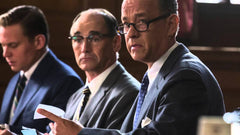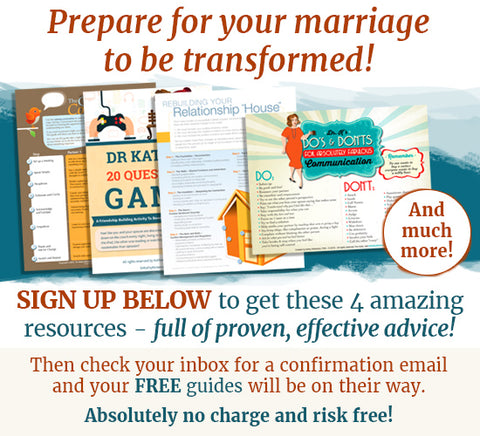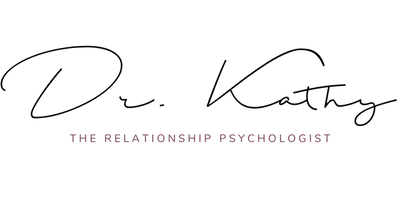 Small confession: I love spy movies. James Bond, Jason Bourne, Ethan Hunt... I love them all! So I was very excited to go see the new Stephen Spielberg thriller, Bridge of Spies, yesterday.
Small confession: I love spy movies. James Bond, Jason Bourne, Ethan Hunt... I love them all! So I was very excited to go see the new Stephen Spielberg thriller, Bridge of Spies, yesterday.
In the film, a successful New York attorney, Jim Donovan, is asked by the CIA to help negotiate the release of two Americans captured during the Cold War. A really great story and beautifully told. You can read all about it here: Bridge of Spies website.
Two lines in the film really struck me and I wanted to share them with you....
1. "Would it help?"
An accused Russian spy is told about his grim chances of being acquitted in the American courts and when his attorney asks why he doesn't appear to be worried, he smiles and says, "Would it help?"
The answer, of course, is no.
How powerful it would be if before we did something or said something, we thought, "Would it help?" If the answer is no, we shouldn't do it.
So often, we speak and act out of anger. We behave on impulse. I think the best relationships come from very thoughtful communication, where we pause a bit before our responses to allow our nerves to settle and our anger to diffuse.
We can also apply this sentiment to ourselves. We spend much of the day thinking and talking to ourselves. I imagine a good bit of the time, we're thinking pretty negative things. If you find this happening, challenge yourself, ask yourself, "Does this help?" If not, find a more positive way to look at it, spin it a little. Find the silver lining, you'll feel so much better.
When you're next in a rough spot, maybe slow down and think, "Would it help?" If the answer is no, then try something else.
Keep thinking until you come up with something that WILL help.
2. "Don't worry about what people say, you know what you did."
Late in the film, a character is telling Jim Dononvan that he acted honorably while incarcerated and that he didn't give up any secrets. Donovan, a man of astute insight and great character says, "Don't worry about what people say, you know what you did." Basically telling the man that as long as he knows what he did was right, that other people's opinions shouldn't matter.
He's right, of course. We need to judge ourselves based on our own moral compass, not other people's perspectives, but this is really hard to do!
Truth is, we all care about other people's opinions. We are hard-wired to do so, it's in our DNA. Back when we lived in clans and caves, we needed to be social to survive. Part of being social is working well with others and being liked by a group. It's hard to be liked if you don't care about other people's opinions.
Our world has radically changed, but our brains really haven't. So we still do, and always will, care about what other people think.
But we can care LESS about other's opinions and this is my takeaway from the "You know what you did" line above.
If you know if your heart of hearts that what you did was good and right, even if the outcome was not ideal, then you must believe in yourself. You must trust that you did what seemed right at the time, given the information you had.
Our decisions are rarely perfect or flawless. It's ok. We don't need to be perfect, we don't need to avoid mistakes. Rather, we just need to do our best, trust our own judgment, and value our own beliefs more than those of others who may not know what we know.
So the next time you are beating yourself up because something didn't go as planned or a decision turned out to be unpopular, tell yourself, "It's ok. Don't worry about what people say, you know what you did." And your opinion gets to matter more!

